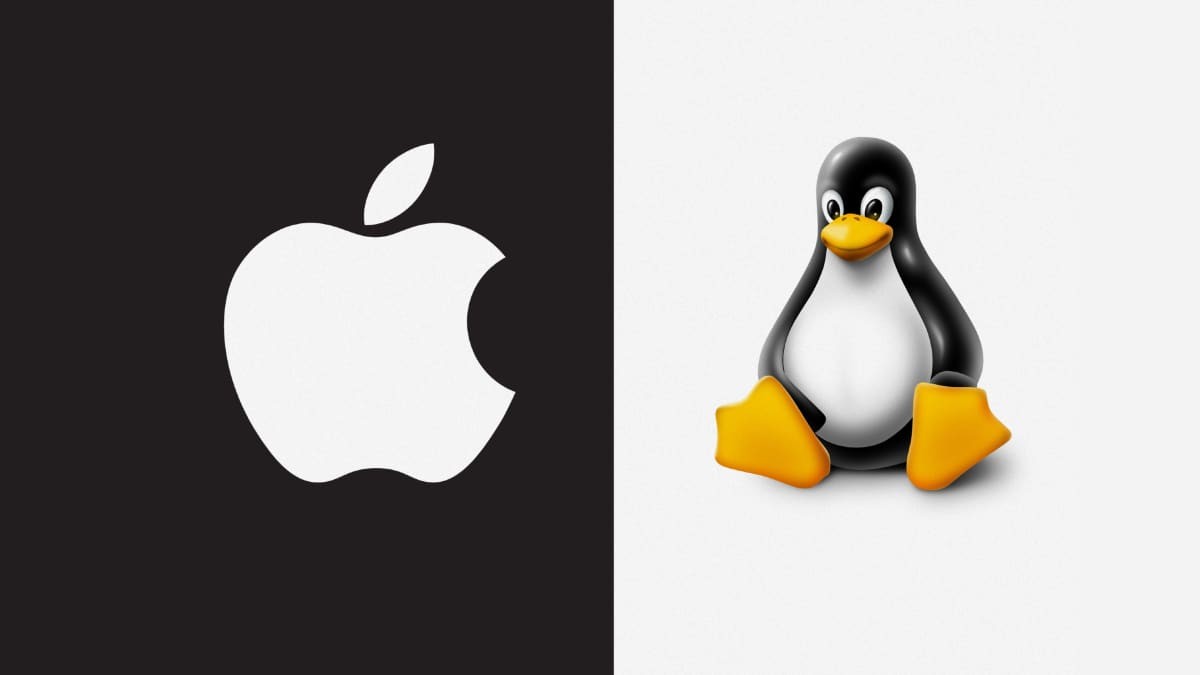
Debian vs. macOS: Stability vs. User Experience
By Adedayo Oyetoke, Published on: July 22nd 2024 5 min, 813 word Views: 1189
In the realm of operating systems, two names often surface when discussing stability and user experience: Debian and macOS. Debian, a robust Linux distribution, is lauded for its stability and open-source nature. On the other hand, macOS, Apple's proprietary operating system, is renowned for its sleek user experience and seamless integration with Apple hardware. This article delves deep into the contrasting features of Debian and macOS, exploring their strengths, weaknesses, and suitability for various users.
Overview of Debian and macOS
Debian
Debian is one of the oldest and most reliable Linux distributions, known for its conservative approach to software updates, which emphasizes stability. It supports a wide range of hardware architectures and offers a vast repository of software packages. Debian's commitment to free software principles makes it a preferred choice for many developers and server administrators.
macOS
macOS is Apple's proprietary operating system, designed exclusively for its hardware. It is built on a Unix-based foundation, providing a solid balance between stability and user experience. macOS is acclaimed for its polished interface, robust security features, and tight integration with the Apple ecosystem, making it a favorite among creative professionals and general users alike.
User Experience
Debian
The user experience on Debian can be highly customizable, thanks to the myriad of desktop environments available, such as GNOME, KDE, and XFCE. However, this flexibility comes at the cost of a steeper learning curve, especially for users new to Linux. Configuring and maintaining a Debian system often requires a good understanding of Linux command-line tools and package management systems.
macOS
macOS offers a more streamlined and intuitive user experience. The operating system's interface is clean and visually appealing, with features like Mission Control and Spotlight enhancing productivity. macOS’s integration with other Apple devices, such as iPhones and iPads, through features like Handoff and Continuity, provides a seamless ecosystem experience. For users looking for a hassle-free, polished, and aesthetically pleasing OS, macOS is a top contender.
Stability and Performance
Is Linux More Stable Than macOS?
When it comes to stability, both Debian and macOS have their strengths. Debian is renowned for its rock-solid stability, making it a favorite for server environments and critical applications. Its stability is derived from a rigorous testing process before software packages are included in the stable release. On the other hand, macOS, being a proprietary system, benefits from tight hardware-software integration, which minimizes compatibility issues and enhances performance stability.
What Is the Most Stable Operating System?
Debian is often cited as one of the most stable operating systems available, especially in the Linux world. Its long release cycles and extensive testing phase ensure a reliable experience. macOS is also highly stable, particularly due to its controlled hardware environment.
How Stable Is Linux Compared to Windows?
Linux, particularly distributions like Debian, is generally considered more stable than Windows, especially in server environments. Linux's modularity and the ability to fine-tune the system make it less prone to the performance issues and crashes that can plague Windows systems.
Software Ecosystem
Debian
Debian's software ecosystem is vast, with over 50,000 packages available in its repositories. It supports a wide array of open-source applications and development tools, making it an excellent choice for developers and system administrators. However, some proprietary software, especially in professional multimedia production, might be less supported compared to macOS.
macOS
macOS boasts a rich software ecosystem, with exclusive access to Apple's software like Final Cut Pro and Logic Pro. The App Store provides a secure and convenient way to access a variety of applications. Furthermore, macOS’s compatibility with Unix-based tools makes it a versatile choice for developers who need access to both graphical and command-line applications.
Security
Both Debian and macOS offer robust security features, but their approaches differ.
Debian
Debian's security is bolstered by its open-source nature, allowing constant scrutiny and quick patching of vulnerabilities. The Debian Security Team ensures timely updates and patches, maintaining a secure environment. Users have granular control over security settings, enhancing the system's resilience against attacks.
macOS
macOS combines Unix-based security with Apple's proprietary features. Gatekeeper, XProtect, and FileVault provide layers of protection against malware and unauthorized access. Apple's frequent updates and stringent app review process further enhance security, making macOS a secure choice for both personal and professional use.
In conclusion, the choice between Debian and macOS hinges on the user's priorities. Debian excels in stability, flexibility, and open-source principles, making it ideal for developers, system administrators, and those who value control over their OS. macOS, with its superior user experience, seamless ecosystem integration, and robust security features, appeals to creative professionals and users seeking a polished and hassle-free environment.
For an in-depth comparison of Debian and other Linux distributions like Ubuntu, check out our article on Debian vs. Ubuntu: Which Linux Distro is Right for You?.
